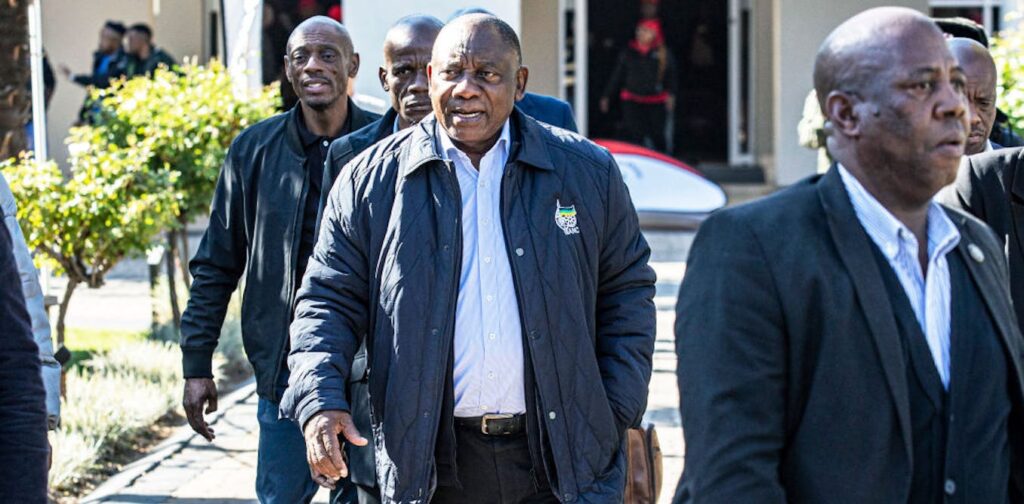South Africa’s Election Sparks Fragile Hope: A Blueprint for Economic Revival
In the wake of South Africa’s recent election, an unexpected sense of hope has emerged, suggesting a potential turning point for the nation. Despite the challenging political and economic environment, the election results signal an opportunity for recovery and growth. With momentum potentially building, South Africa could be on the verge of a significant economic turnaround.
Political Shift: Electoral Outcomes and the ANC’s Coalition Challenge
The recent election saw roughly 15% of voters abandoning the ruling African National Congress (ANC), led by Cyril Ramaphosa, in favor of a new party formed by the controversial former president, Jacob Zuma. This electoral shift has forced the ANC into coalition governance, an arrangement with which it has limited experience at the national level. Political stability and policy coherence are now at risk as the ANC’s leadership must balance the demands of its left-wing factions with the expectations of its coalition partners.
This fragility at the government’s center is not new. Since the late 2000s, South Africa’s political coherence has been in decline. The question now is whether the nation can transition from political disarray to an era of economic momentum and growth.
Drivers of Economic Momentum: People, Policies, and Pessimism
Historically, discussions on economic revival often focus on policy reforms. However, the teachings of economists like John Maynard Keynes and Albert Hirschman highlight that short-term economic drivers are less about policy and more about people’s perceptions of the future.
In a 2021 UNU-WIDER piece, four pivotal drivers were outlined to encourage a virtuous economic spiral:
- Political and Economic Cooperation: Whether elites view the economic game as zero-sum or as one where collaboration can create new value.
- Legitimacy of Governance: The extent to which citizens perceive political and institutional environments as legitimate.
- Investor Sentiment: The optimism or pessimism of private investors regarding future economic prospects.
- Effective Leadership: The decision-making authority and strength of political leadership.
A History of Spirals: From Hope to Despair
South Africa’s post-Apartheid era initially demonstrated a virtuous spiral of growth. Cooperative elites, hopeful citizens, and effective leadership led to a surge in private investment and significant economic growth. However, by the 2010s, this momentum stalled. Political fragmentation, public disillusionment, and economic stagnation fostered a downward spiral.
Current Scenario: A New Dawn of Hope
The recent election introduces a cautious optimism. South Africa now faces the challenge of nurturing this fragile hope. Here are three crucial strategies for fostering economic revival:
-
"Good Enough" Policies: Real-world economic frameworks often thrive with policies that are sufficient rather than perfect. Despite criticism, South Africa’s macroeconomic management is robust, and initiatives like Operation Vulindlela have successfully started to address structural challenges, such as the electricity crisis.
-
Coalition Cohesion: The new coalition government integrates ideologically diverse participants who share a commitment to South Africa’s future well-being. However, the room for agreement is narrow, and excessive pressure could unravel the coalition. For the next two years, focusing on shared goals like enhancing growth, strengthening public institutions, and improving public sector performance should take precedence.
- Building Long-term Momentum: For now, the goal is to generate momentum and give hope a chance. Although temporary optimism may uplift the 70% of South Africans near poverty, sustainable progress will eventually require addressing deeper structural issues.
To capitalize on this new season of hope, South Africa must use the current window to build economic and institutional momentum, allowing for a more stable foundation for future comprehensive reforms.
